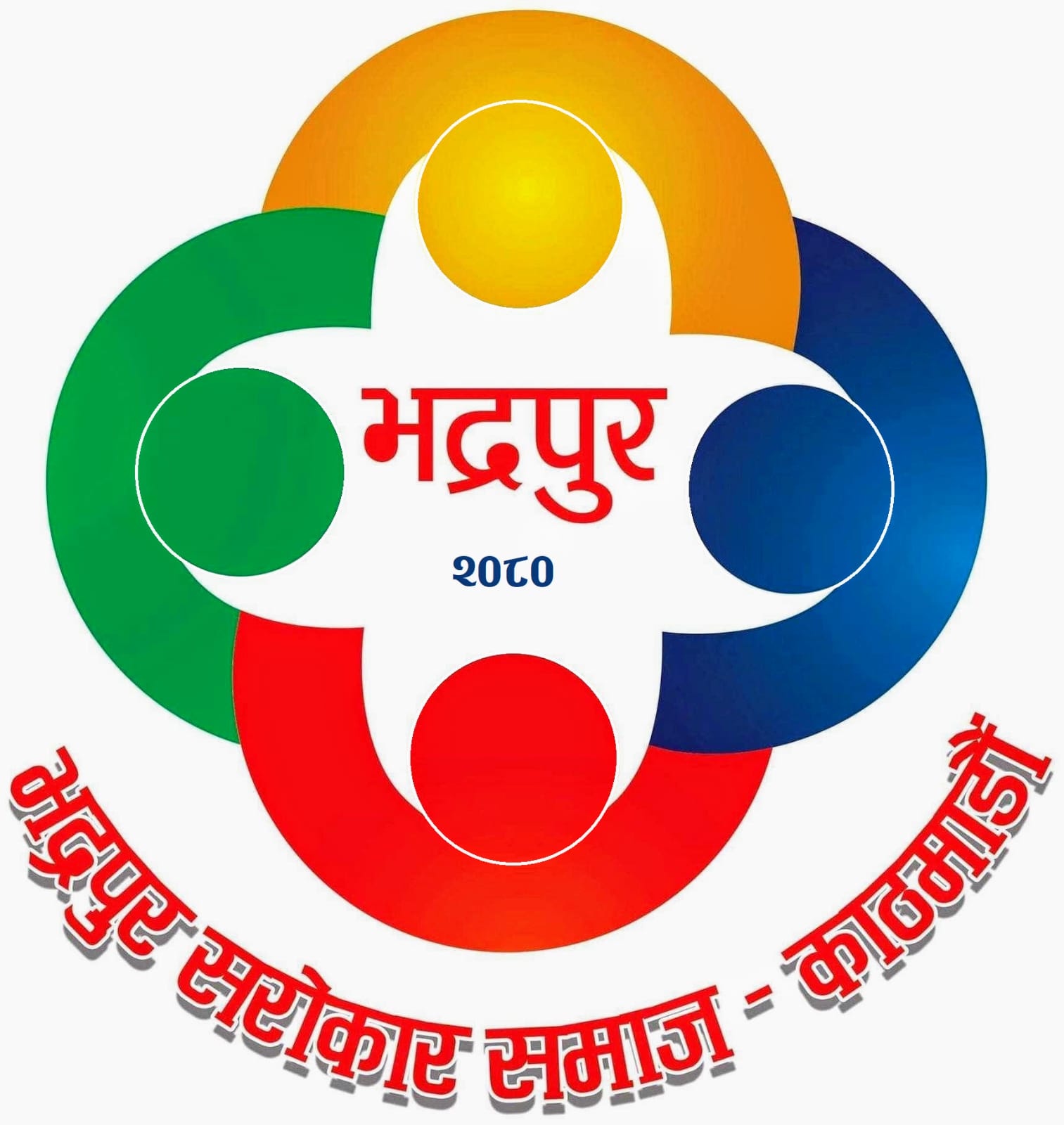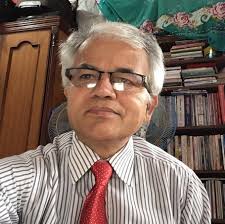I read the following news published on Naya Sandarbh on Chaitra 17, 2080 (Bikram Sambat calendar), from Jhapa:
"The seventh excavation of the historical and religious site of Kichakvad in southern Jhapa has reached its final stage. The Archaeological Department team has conducted the excavation for the seventh time at Kichakvad, located along the Deuniya River in Prithvinagar, Bhadrpur-3, to validate its historical significance.
The first excavation was conducted in 2058 BS under the leadership of archaeologist Uddhav Acharya, and he has been heading the team continuously for all seven excavations since. According to Acharya, only the remnants of a palace indicating its historical importance were found during this excavation. The previous excavations yielded artifacts from the 1st century BCE, verified through scientific testing. Based on this, Acharya shared that the historical significance of Kichakvad dates back approximately 2,200 years. Acharya also speculated that during the Shunga-Kushan period in India, this site could have housed a palace and fort of a ruler, and it is believed to have remained intact until the 5th century, corresponding to India’s Gupta period. The site may have been destroyed by a natural disaster during this time, according to a study by French geologists, Acharya reported.
This time, the excavation was conducted in the northeastern corner, in the area believed to house a temple. Retired expert Acharya was joined by Navaraj Adhikari, an official from the Archaeological Department, who participated for the first time. Acharya stated that the excavation, which began on Chaitra 2, would conclude on Chaitra 18, with plans to secure the site by Chaitra 25 before the team returns.
This excavation team, led by archaeologist Uddhav Acharya, includes Navaraj Adhikari, engineer Roshni Maharjan, technical assistant Maheshwabu Sharma Rajopadhyaya, and photographer Rajan Paudel."
While writing the novel Radha in 2061 BS, I also relied on news articles published in Vivechana and Kantipur Daily. These articles were cited at the beginning of the book, and factual information was appropriately used to enhance the credibility of the work. It has been 18 years since the book was published.
I don’t clearly remember when I first visited Kichakvad, but I recall that it was Sagar Ban who took me there for the first time. Although his home was in Shanishchare, Jhapa, he operated a rice mill in Prithvinagar. At that time, bricks were scattered all over the Kichakvad site, and locals often took them for household purposes. I believe the area wasn’t under the control of the Archaeological Department back then.
Later, as an employee of the Agricultural Development Bank, I frequently visited the area for loan investments and recovery purposes. Every time I passed by, I would visit the site. For some reason, the place had a unique allure for me.
I often wondered about the age of those bricks, who built them, and what civilization they belonged to. What kind of people lived there? I am generally drawn to historical and cultural artifacts, which is why I love visiting such sites whenever I travel. There are numerous undiscovered or yet-to-be-explored aspects of our country’s history. Many of these undiscovered or even found but unprotected relics weaken our claim to historical authenticity.
The more we delay research on what is within our reach, the more we risk missing out on the benefits they could provide. This is relevant to the context of Kichakvad. Although excavation began 22 years ago in 2058 BS, it is still unclear when exactly this site dates back to, who built it, or what its historical connection is. I assume there must be technical and time-sensitive reasons for this delay in excavating. As an ordinary individual, I can’t help but wonder, "Why hasn’t the excavation work been continuous? Why hasn’t it been carried out regularly?"
Radha is a fictional novel woven around ancient myths. However, I did make an effort to link it with historical facts from the Purana (ancient texts). My emotional attachment to the site influenced my decision to base the novel's central plot around Kichakvad. I also harbored the desire to promote the site’s potential for tourism.
The novel Radha deeply resonated with readers, selling thousands of copies and continuing to do so. After reading it, many readers express curiosity about Kichakvad, the central site in the story. Some have even visited Kichakvad after reading the book. However, I have not revisited the site since then, so I am unaware of its current condition. From what I have gathered, there hasn’t been much initiative to develop it as a tourist destination. Shouldn't the municipality and provincial government be contributing to this?
As writers and journalists, it is our duty to communicate information to society and the government through our work. Various platforms are already being used for this purpose. However, I am curious to know how the relevant authorities perceive these efforts. As a writer, I have received no personal acknowledgment of any progress in this regard. I believe the Radha novel could contribute to promoting Kichakvad as a tourist destination.
What surprises and pleases me, however, is that since 2058 BS until 2080 BS, the excavation work at Kichakvad has been led by the same individual, Uddhav Acharya. This could be a positive development, as continuity in leadership may help build on previously discovered facts, making new findings easier. However, the slower the progress, the more likely it is that the physical capacity of the relevant technical expert will decline.
Any question?
Contact Information
नयाँ वानेश्वर, काठमाडाैँ, नेपाल ।
bhadrapursarokarsamaj@gmail.com
+977 9851139149
Quick Links
About us
Bhadrapur Municipality, nestled in the fertile plains of Jhapa District in Eastern Nepal, has long been a place of cultural and communal pride. A significant number of its residents have migrated to the vibrant federal capital, Kathmandu, for diverse purposes—whether for education, professional opportunities, artistic pursuits, political engagement, business ventures, or research. Recognizing the need to unite and support the Bhadrapur community in Kathmandu, the "Bhadrapur Sarokar Samaj, Kathmandu" was founded. This organization aims to foster a strong sense of unity, brotherhood, and mutual assistance among the residents. The society was officially established on March 16, 2018, following a large assembly of Bhadrapur residents, with the support of the Bhadrapur Municipality, at the Hardik Hotel in Bagbazar, Kathmandu.
Subscribe us
Please enter your email address to get latest updates on our activities.
© 2025 | Bhadrapur Sarokar Samaj, Kathmandu | All rights reserved

